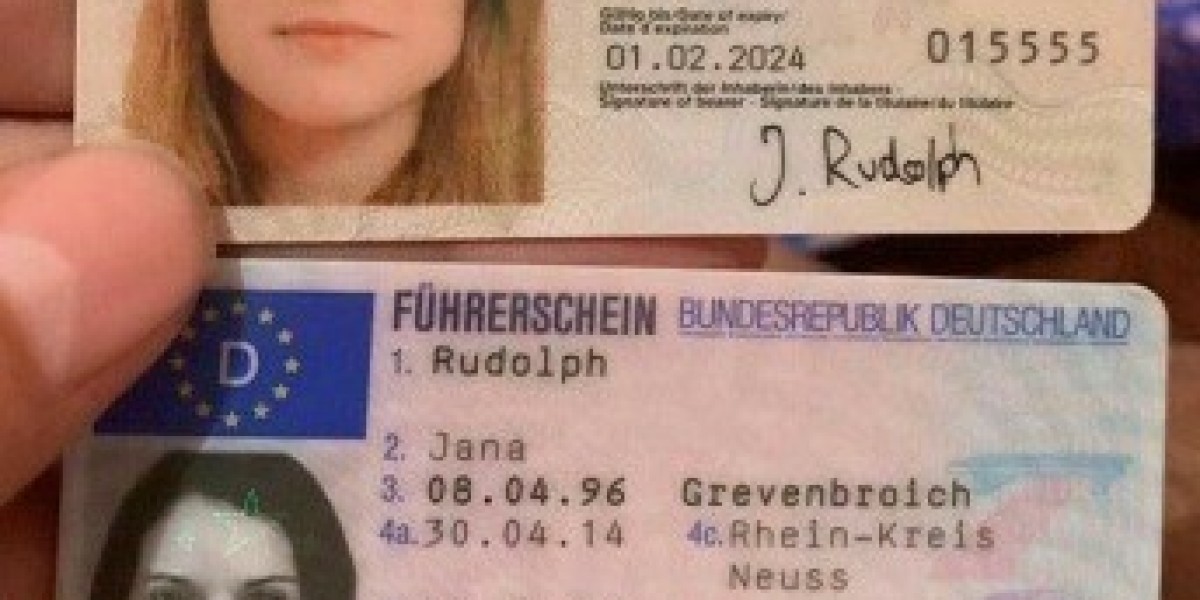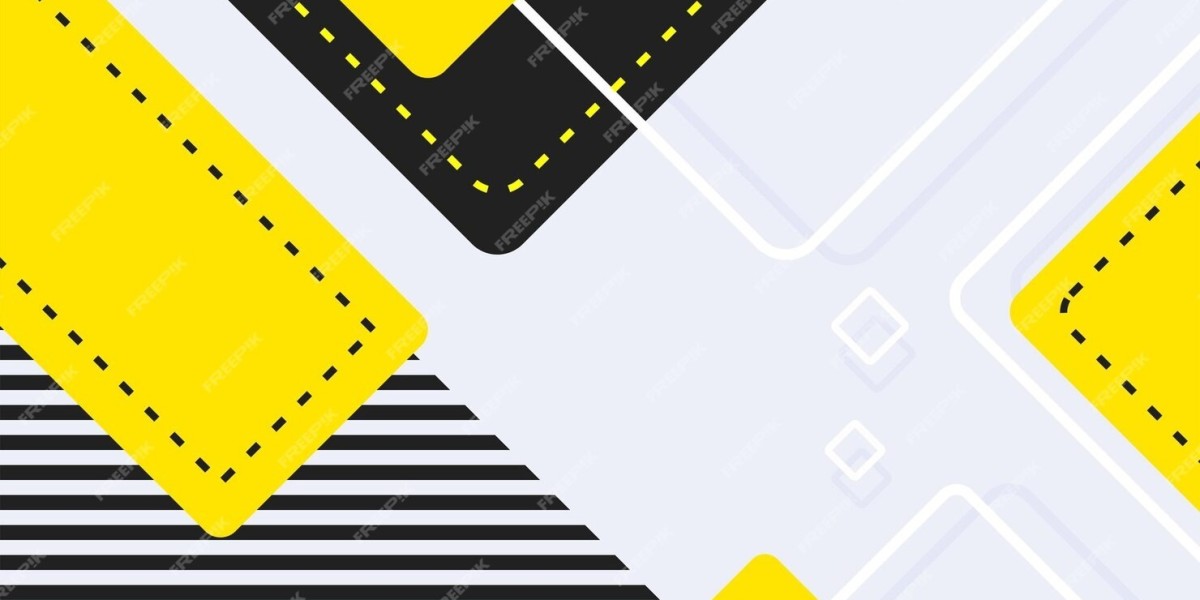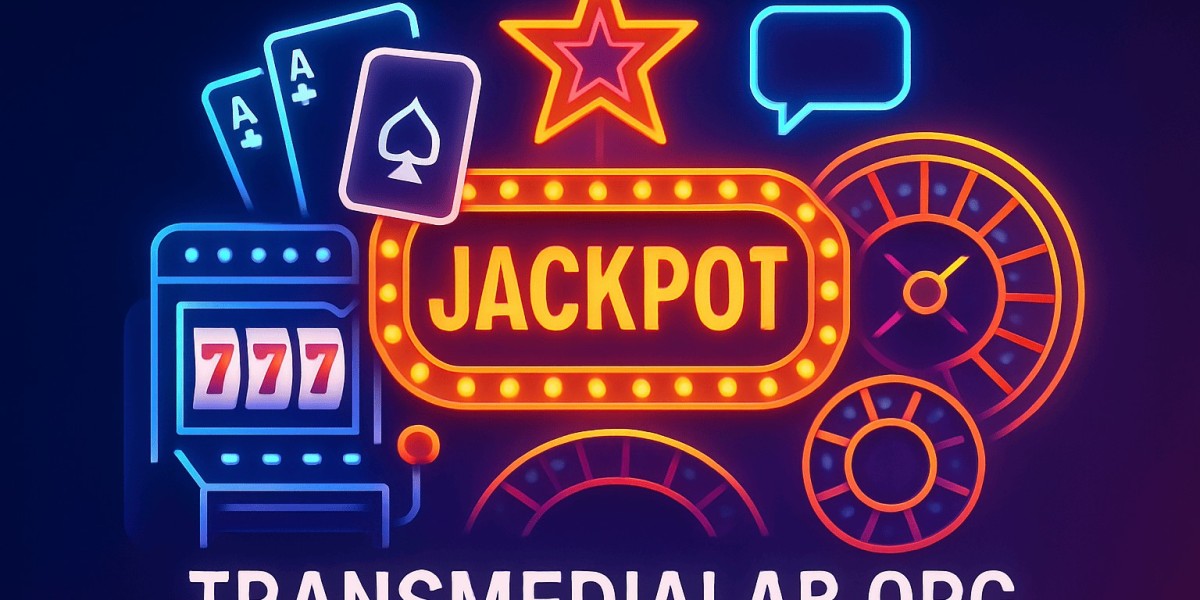Driving License Without a Test: Navigating the Unconventional Path
On the planet of driving, acquiring a license usually involves a rigorous process of theoretical and useful evaluations. However, there are distinct scenarios and jurisdictions where people may acquire a driving license without a conventional test. This post digs into the various situations and legal frameworks that permit for such an exception, providing a comprehensive overview of the conditions, treatments, and ramifications.
Intro
Driving is an essential skill that provides flexibility and movement. Throughout the majority of nations, acquiring a driver's license is a well-defined procedure that consists of both a theoretical and a dry run. These tests are created to guarantee that drivers have a solid understanding of traffic laws and are capable of running a vehicle safely. Nevertheless, there are circumstances where people can bypass these tests and still lawfully get a driver's license. This article explores these exceptions, using insights into the legal and useful aspects.

Legal Frameworks and Exceptions
Conversion of Foreign Licenses
- General Rule: In numerous countries, people who hold a valid driving license from another nation can transform it to a regional license without taking extra tests. This procedure is typically structured to accommodate global drivers.
- Conditions: The foreign license needs to be valid and released by an acknowledged authority. Some jurisdictions may require a translation or a recommendation from a recognized company.
- Examples:
- United States: Several states allow foreign drivers to transform their licenses through an easy application process.
- Canada: Provinces like Ontario and British Columbia have similar provisions for foreign license holders.
- European Union: Member states typically have mutual agreements to assist in the conversion process.
Special Circumstances
- Medical Reasons: In some cases, individuals with medical conditions that impact their ability to take a test might be exempted from the practical exam. Nevertheless, they must undergo a medical evaluation to guarantee they can drive securely.
- Age and Experience: Some jurisdictions provide exemptions to older people who have a long history of safe driving. These exemptions are typically based on stringent requirements, such as a clean driving record and a recommendation from a certified driving trainer.
- Military Personnel: Military workers who have undergone substantial training and have a legitimate military driver's license might be qualified for a civilian license without extra screening. This is particularly typical in the United States and the United Kingdom.
Heritage and Legacy
- Household Inheritance: In a couple of unusual and particular jurisdictions, a driving license can be inherited from a close family member. This is more of a historical practice and is not commonly recognized.
- Tradition Licenses: Some areas have legacy licenses that are issued to people who can show they have actually been driving for a considerable period, frequently decades, without a formal license. These licenses are typically granted on a case-by-case basis and may need documentation of constant and safe driving.
Treatment and Requirements
Application Process
- Paperwork: Applicants must offer a legitimate foreign license, proof of house, and often a medical certificate.
- Application: Fill out the required application form, which can generally be found on the relevant government site.
- Charges: Pay the required costs for the conversion process. These costs differ by jurisdiction however are usually lower than the cost of a new license.
Medical Evaluation
- Licensed Physician: Individuals with medical conditions must undergo an evaluation by a certified physician or a designated physician.
- Report: The physician will offer a report verifying the person's capability to drive securely. This report is then sent to the appropriate authorities.
Proof of Experience
- Driving Record: Provide a driving record from the country of origin or another recognized authority.
- Recommendations: Submit recommendations from certified driving trainers or other acknowledged entities.
Unique Documentation
- Military ID: For military workers, supply a legitimate military ID and proof of completion of military driving training.
- Historical Documentation: For legacy licenses, offer historical documentation that proves consistent and safe driving over a substantial period.
Implications and Considerations
Safety Concerns
- Threat Assessment: While these exceptions can be convenient, they likewise raise safety concerns. Authorities need to guarantee that people who bypass the traditional testing procedure are still capable of driving securely.
- Ongoing Monitoring: Some jurisdictions might require routine examinations or refresher courses for people who receive a license through these exceptions.
Fairness and Equity
- Equal Opportunity: Allowing certain people to bypass the screening process can lead to concerns of fairness and equity. It is vital that these exceptions are plainly defined and applied regularly.
- Public Perception: The public might view these exceptions as a method to circumvent the system, deutschen Führerschein Kaufen which can affect trust in the licensing procedure.
Legal and Regulatory Framework
- Stringent Criteria: Jurisdictions that use these exceptions usually have rigorous criteria to avoid abuse. These criteria might include age limitations, medical examinations, and driving history.
- Routine Updates: Laws and guidelines surrounding these exceptions undergo change. People need to regularly examine for updates to guarantee they meet the present requirements.
FAQs
Q: Can I transform my foreign driving license to a local one without taking a test?
- A: Yes, many countries enable foreign license holders to transform their licenses through a streamlined procedure. Nevertheless, the particular requirements vary by jurisdiction. Inspect the local department of motor lorries (DMV) or comparable authority for detailed information.
Q: Do I require to supply translation for my foreign license?
- A: In some cases, yes. If the license is not in the main language of the jurisdiction, a qualified translation may be required. This can typically be gotten from a professional translation service.
Q: Can military personnel get a civilian driver's license without taking a test?
- A: Military workers who have actually completed extensive training and hold a valid military license might be qualified for a civilian license without extra screening. They should offer evidence of their military service and training.
Q: What if I have a medical condition that affects my capability to take a test?
- A: Individuals with medical conditions may be exempted from the practical test if they can offer a medical report verifying their capability to drive securely. Consult a licensed physician and the regional DMV for assistance.
Q: Are legacy driving licenses still provided in modern times?
- A: Legacy driving licenses are an unusual and historic practice. While some areas may still offer them, they are generally approved on a case-by-case basis and require considerable evidence of constant and safe driving.
Q: Can I inherit a driving license from a family member?
- A: Inheritance of driving licenses is not a common practice and is just recognized in a couple of specific jurisdictions. Speak with the regional DMV to find out more.
While the standard process of getting a driving license includes strenuous theoretical and useful tests, there are unique circumstances where individuals can legally obtain a license without these tests. These exceptions, such as the conversion of foreign licenses, special medical factors to consider, and military service, are created to accommodate specific requirements and guarantee that the driving population stays safe and well-regulated. For those who satisfy the criteria, these options can offer a structured and efficient course to getting a driver's license. Nevertheless, it is vital to comprehend the particular requirements and ramifications to guarantee a smooth and compliant process.
Bottom Line to Remember
- Conversion of Foreign Licenses: Often needs a valid foreign license, proof of home, and sometimes a medical examination.
- Unique Circumstances: Medical reasons, age and experience, and military service can cause exceptions.
- Heritage and Legacy: Rare practices that may still exist in some jurisdictions.
- Ramifications: Safety, fairness, and legal consistency are critical considerations.
- Frequently asked questions: Address typical questions and offer clear guidance.
By comprehending these exceptions and the procedures included, individuals can browse the non-traditional course to obtaining a driving license without the conventional tests.









